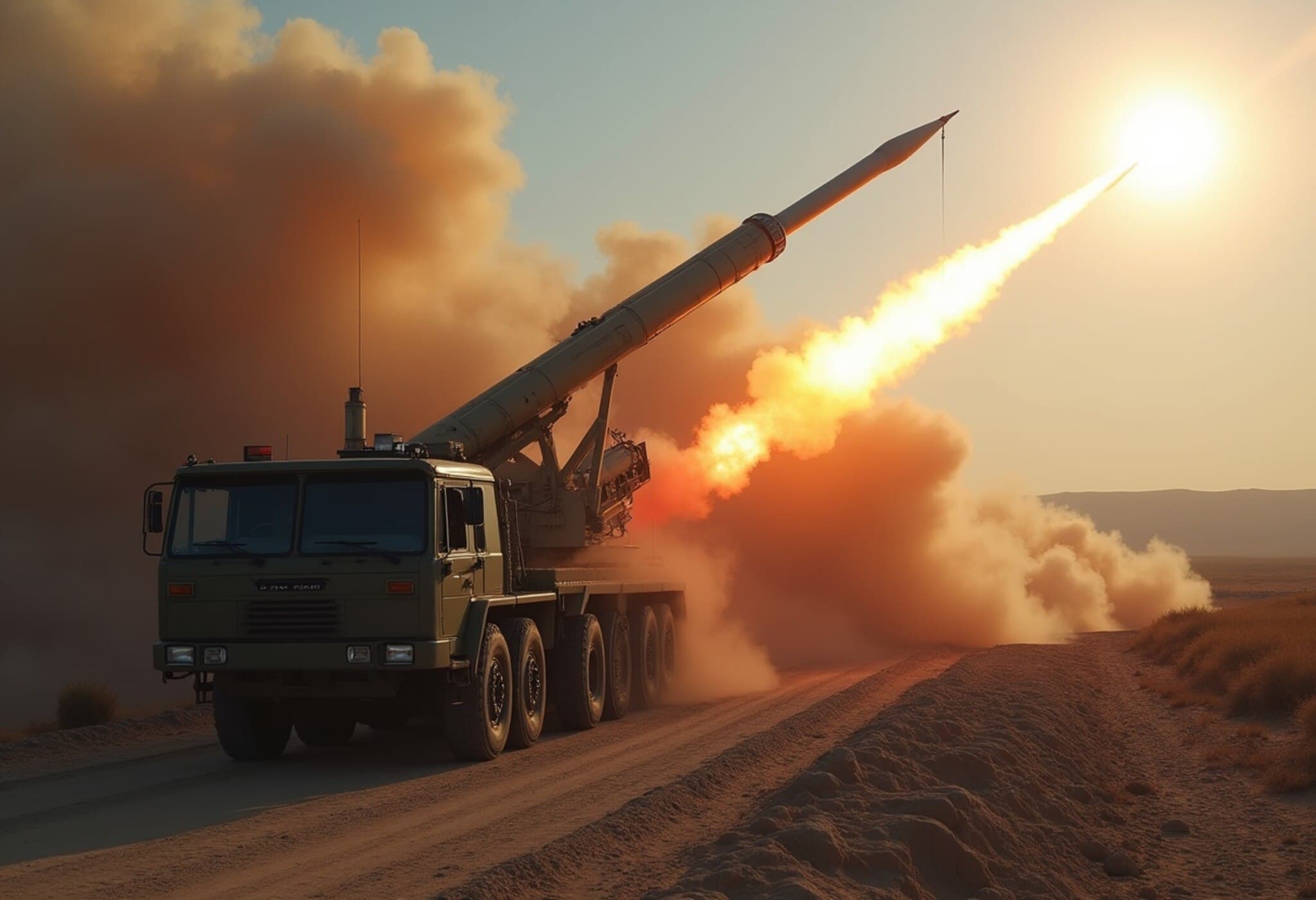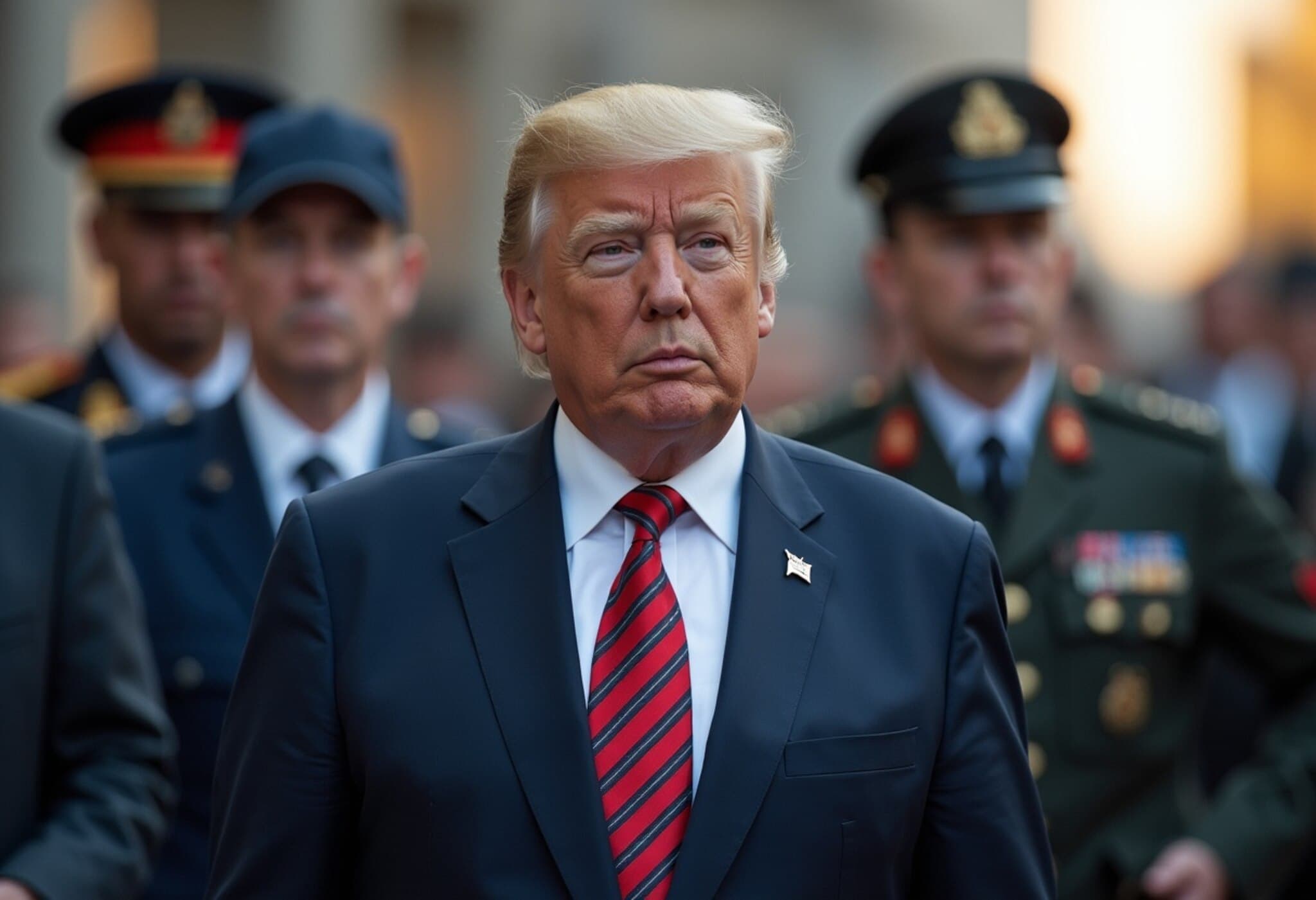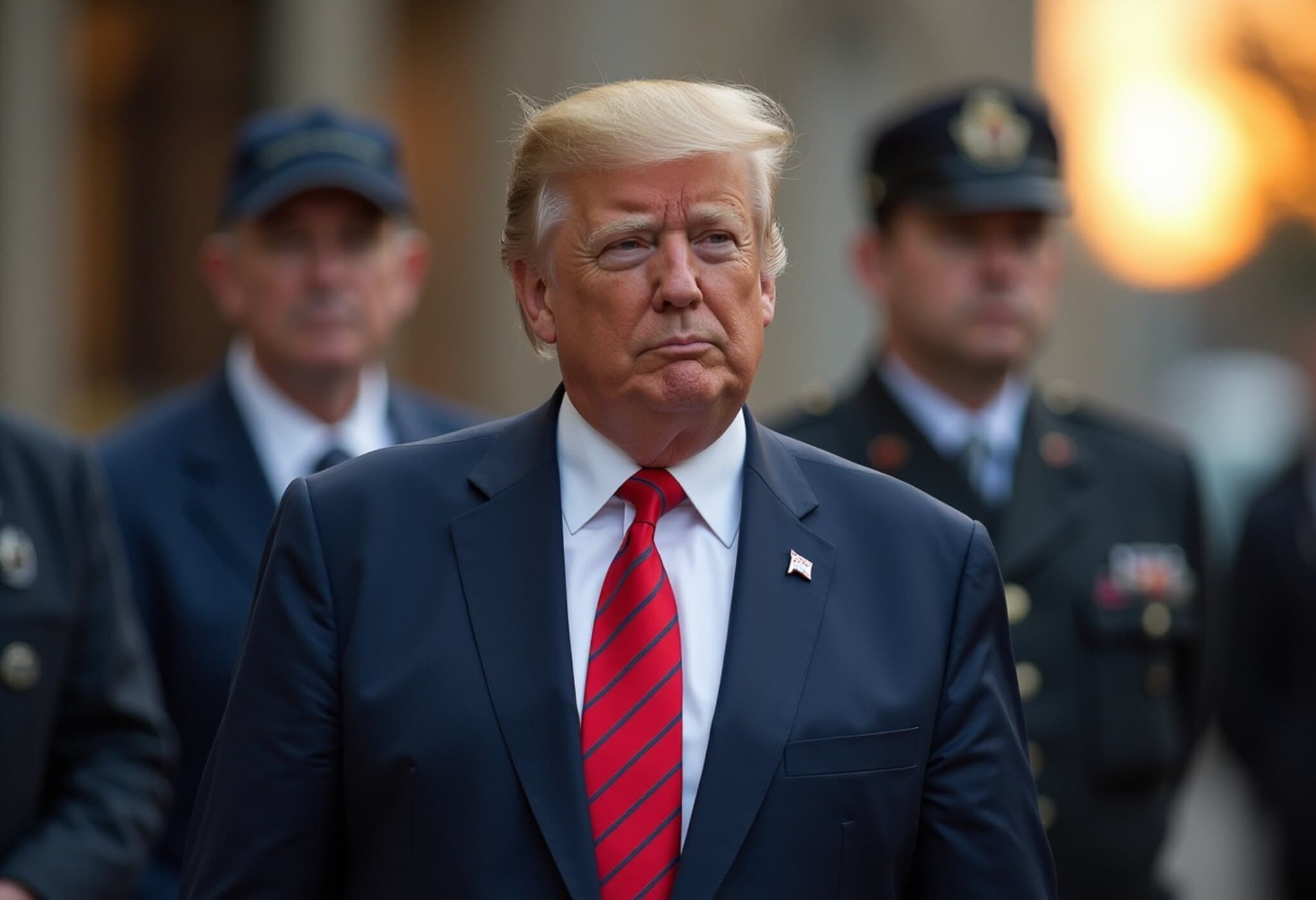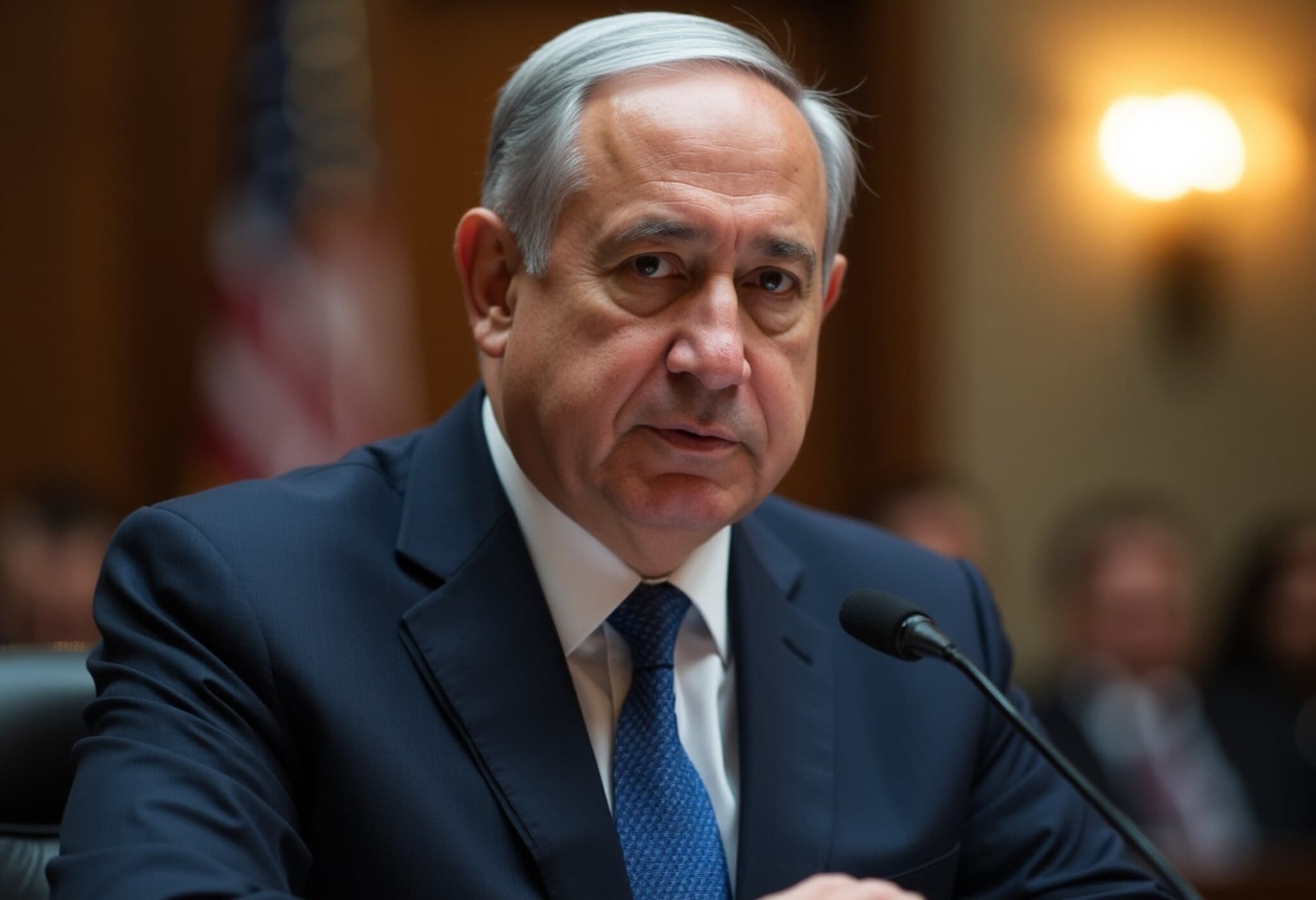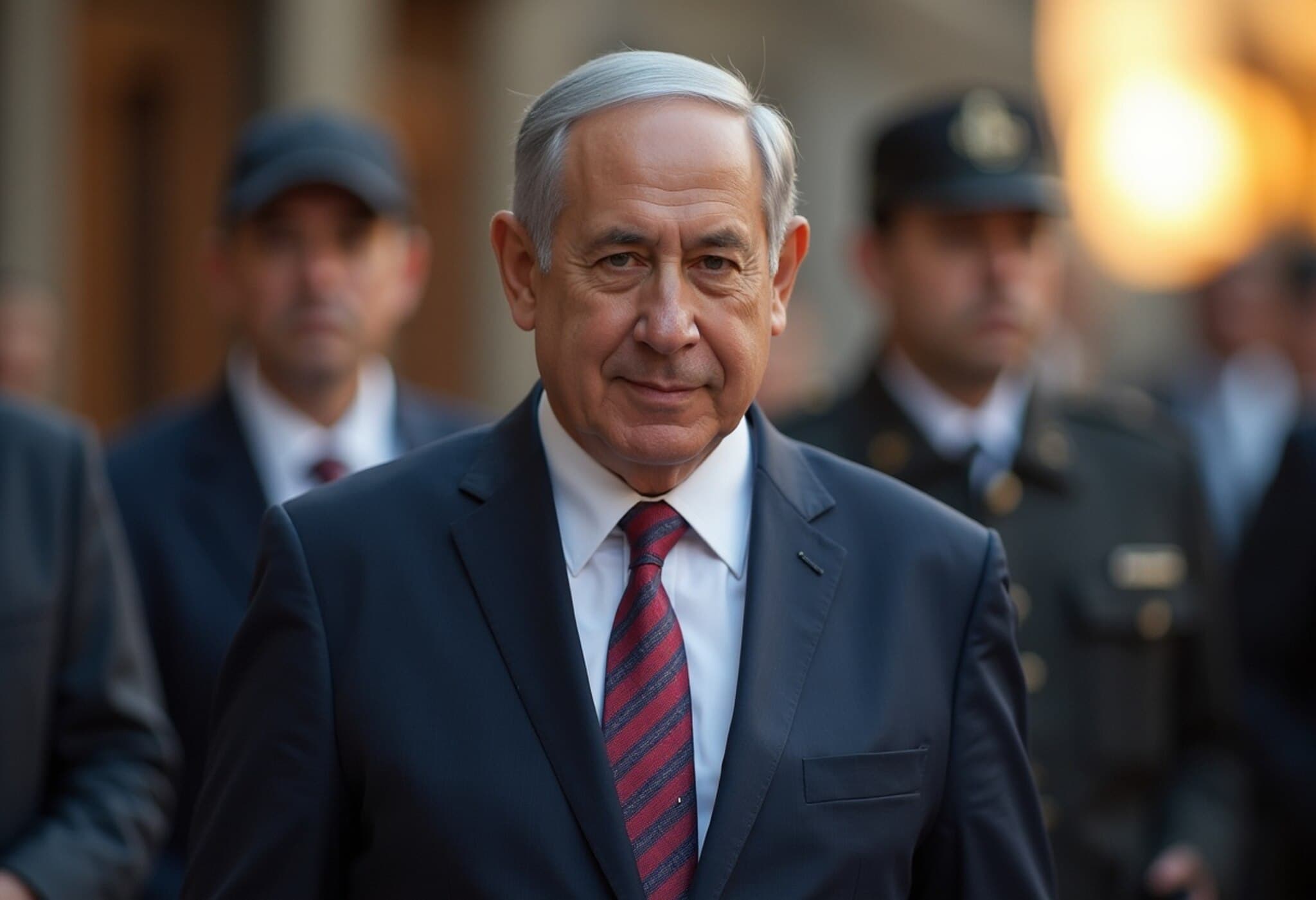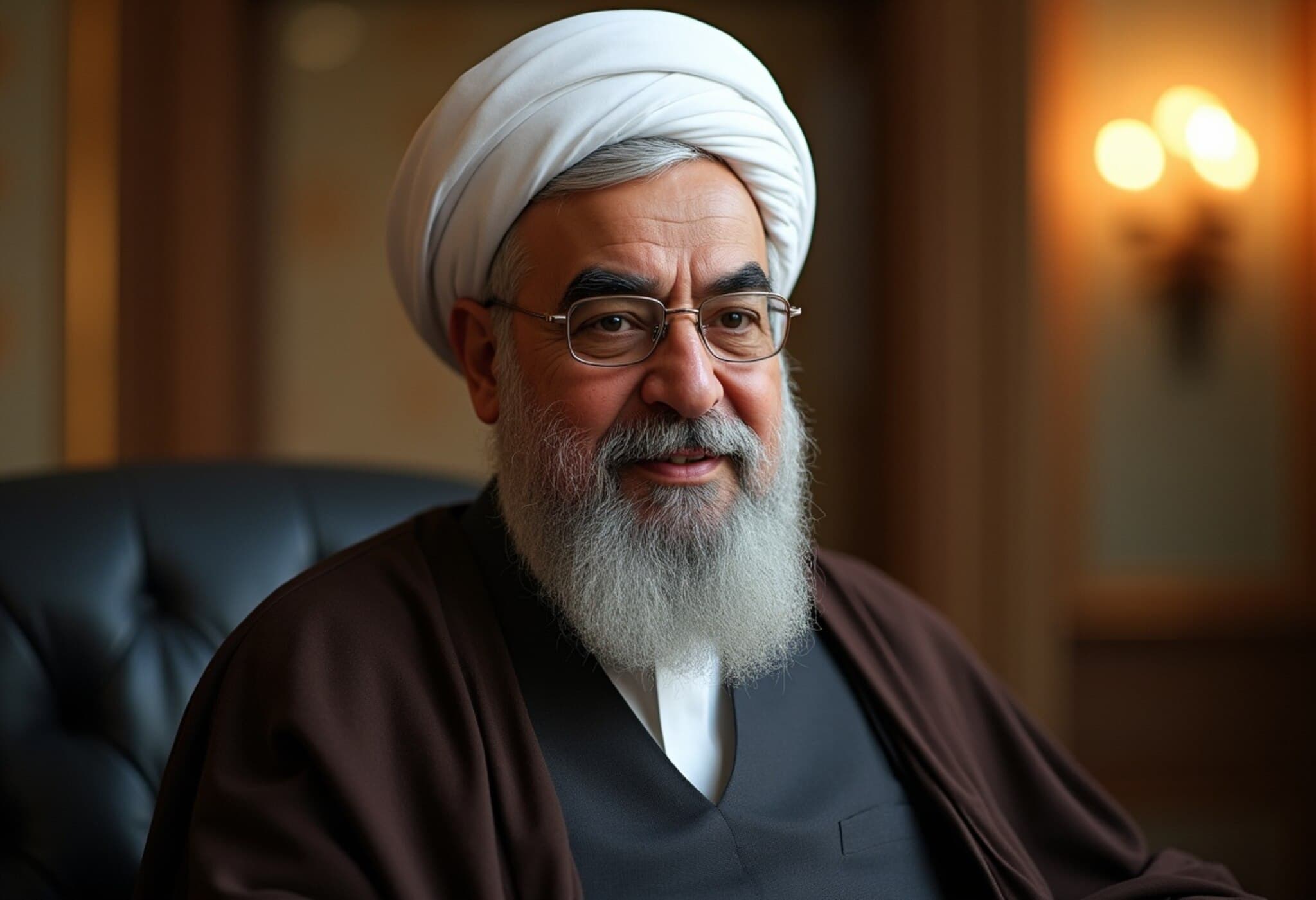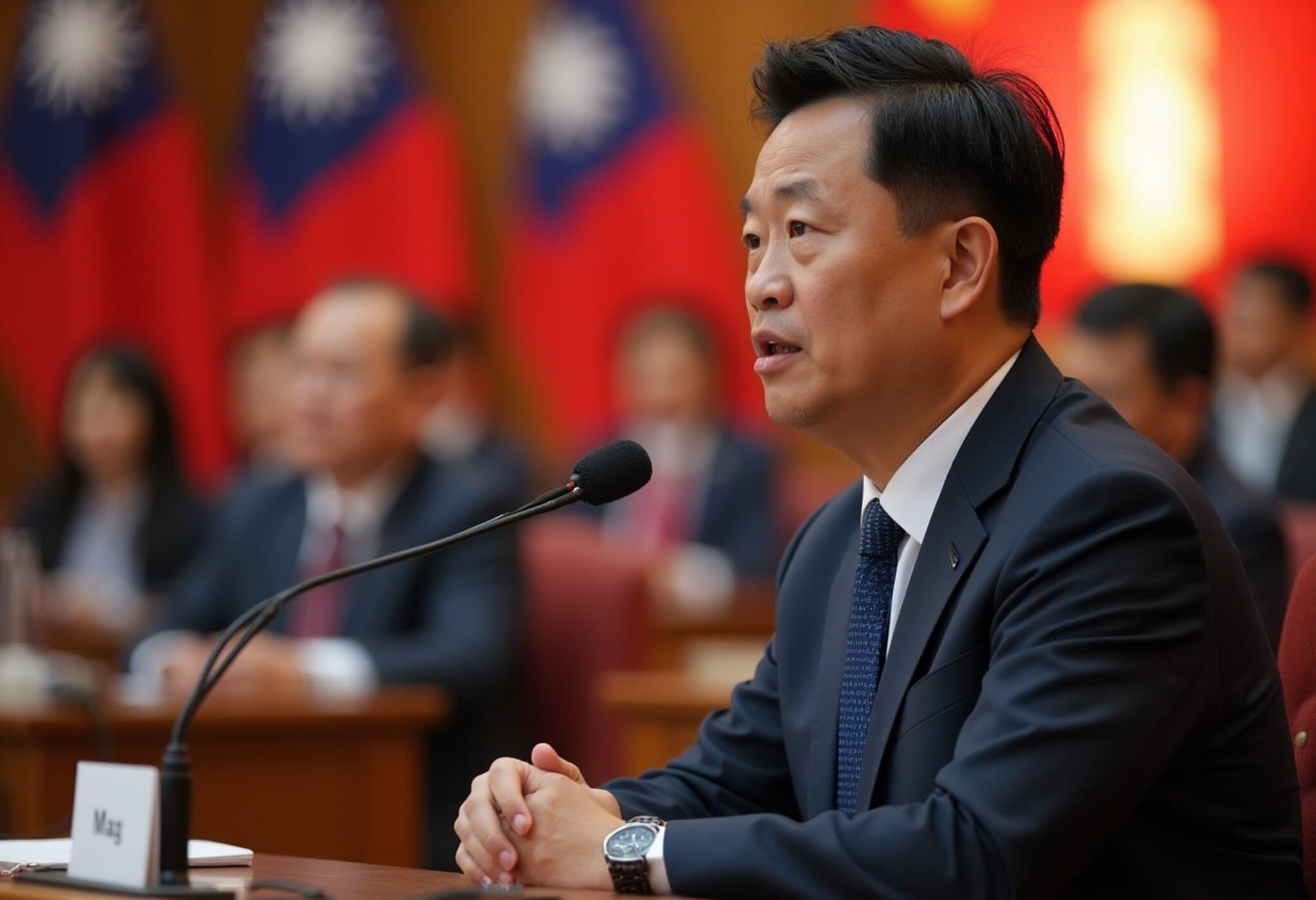FATF Identifies Pakistan's Role in Ballistic Missile Development
The Financial Action Task Force (FATF) has spotlighted Pakistan's involvement in advanced missile development through a revealing 2020 customs seizure. Indian officials intercepted a shipment destined for Karachi containing critical dual-use equipment, misdeclared on shipping documents, which is linked directly to Pakistan’s National Development Complex—an entity known for its work on long-range ballistic missiles.
Details of the Seizure and Its Implications
According to the FATF report, the seized cargo from February 2020 consisted of autoclaves and specialized components essential for missile motor technology. The documents accompanying the shipment concealed the true nature of these items, declaring them as generic equipment. Importantly, the Bill of Lading confirmed the importer’s connection to the National Development Complex.
This incident took place at Kandla port, where intelligence led officials to detain a Hong Kong-flagged vessel, Da Cui Yun, originating from China’s Jiangyin port. Among the confiscated items was a large pressure chamber—35 to 40 feet long—suspected of being integral to ballistic missile manufacture. Specialists from India's Defence Research and Development Organisation (DRDO) conducted a confidential investigation given the sensitive national security stakes.
Link to Terror Financing and Heightened FATF Scrutiny
FATF emphasizes that such activities cannot be separated from the broader challenge of state-sponsored terrorism. This assertion follows a deadly terror attack in Pahalgam, Kashmir, which claimed 26 lives on April 22. The task force criticized the financial networks enabling these attacks, stating that funding channels between terror groups would be impossible without significant monetary flows.
The recent disclosures are expected to fortify India’s efforts to pressure Pakistan into rejoining the FATF grey list, where increased monitoring could lead to sanctions. Upcoming meetings of the Asia Pacific Group in August and the FATF plenary in October are set to review these developments, potentially highlighting Pakistan’s role in facilitating terror financing.
Widening Global Concerns Over Proliferation Financing
The FATF report also flags an alarming rise in the use of dual-use technologies—those which can serve both civilian and military purposes—by various state and non-state actors to develop weapons of mass destruction (WMD). It warns that inadequate controls over global export and financial mechanisms could allow these dangerous materials and technologies to slip through the cracks, posing serious risks to international security.
What Lies Ahead
As FATF sharpens its focus on the intersection of arms proliferation and terrorism funding, the international community is urged to bolster regulatory frameworks. Effective implementation of controls is critical to curtail illicit transfers and stem the financing that fuels not only missile development but also terror operations worldwide.

